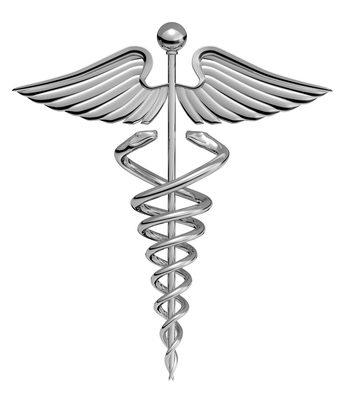A hospital administrator is as responsible for the health of a hospital as doctors are for keeping a patient’s heart beating, according to the Princeton Review. The position is a demanding one that requires expertise in planning, directing and overseeing all aspects of medical services in hospitals or clinics. The ability to serve as a mediator among individuals, boards, medical staff and department heads is an essential skill that can enable a hospital to run as a well coordinated unit. Money Magazine rated the position of hospital administrator as one of the best jobs in America in 2010.
Making Good Things Happen for Patients
A hospital administrator has the responsibility to create a functional organization that provides a consistently reliable delivery of medical services. Coordinating the divisions of an organization requires dedication to a job that affects the lives of patients, often making the difference between life and death. A hospital administrator can expect to work long and irregular hours. Hospitals are open all day and all night, presenting round the clock needs for decision making and problem resolution.
Understanding the Command Structure
The position of hospital administrator is at the top of the organizational structure, but there are powerful influences that govern the operation of a hospital. Performing as liaison between governing boards and functional areas is a primary responsibility that involves medical staff and heads of departments. The board of trustees typically sets policies and the hospital administrator implements them.
Performing an Array of Duties
As a pivotal member of the hospital organization, the administrator is involved in every aspect of its operation. The array of duties includes these:
• recruiting and hiring doctors, interns, nurses and assistant administrators
• developing budgets and setting prices for services
• expanding research opportunities in research hospitals
• providing education for new doctors in teaching hospitals
• evaluating performance of doctors and other employees
• planning for medical treatment and patient services
• enforcing quality assurance standards
• attending staff meetings
Following an Administrator on a Typical Day
A day may start with meeting the Chamber of Commerce and agreeing to accept an appointment to a board. In the office, work often starts with replying to hundreds of emails and phone calls prior to participating in numerous meetings. Consideration of purchasing a new piece of expensive medical equipment is a frequent purpose of department meetings. Lunch almost always provides an opportunity to meet with a new doctor or a visiting expert, followed by a meeting on developing new recruitment practices.
The afternoon starts with checking email and short sessions to prepare for a meeting of the board of directors later. Board meetings typically start with dinner that precedes three hours of handling items on a full agenda. At the conclusion of the meetings, employees on the late shift often need time to have an open forum on matters that pertain to them. Checking the emergency room often ends the day, but a minor problem with a fire alarm can delay plans to go home.
Not every day as a hospital administrator ends at 1 a.m., but some do. A determination to provide access to the chief decision maker is essential for a successful executive. Running a hospital is a challenging task that is rewarding for the special few who can do it.
